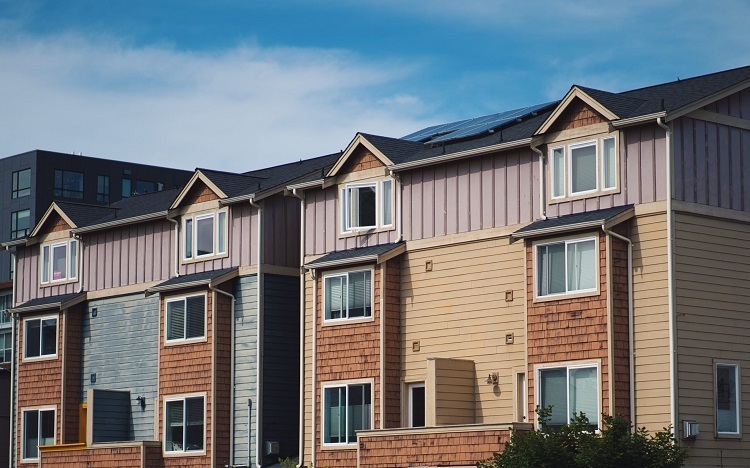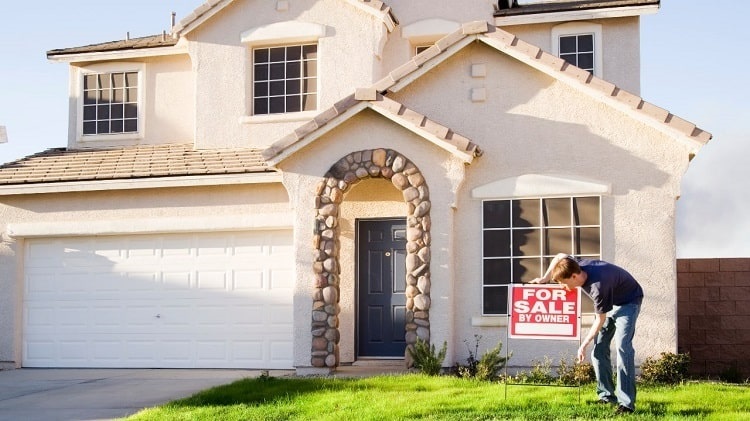The younger millennials are now in their mid-to-late twenties, and yet, many of them still don’t own a house. Many are also still single. When asked why they’d rather marry late, you’d usually hear answers such as “We couldn’t afford the lives our parents lived.”
Indeed, unlike the baby boomers, millennials have higher debts, particularly student loans. As such, buying a house at their age seems like a far-fetched idea. But some have done it already, thanks to a higher income and good credit.
But that’s the problem — millennials earn 20% less than baby boomers. With regard to their debt, fortunately, 43% have never accumulated more than $50,000. But still, today’s costs of living hinder them from making major purchases, such as a home. Even with a full-time job, many people, not just millennials, feel that their income isn’t enough to sustain all their needs.
So will house-buying ever become easier for them? Or should they leave that hope in the 90s forever?
The Impact of the 2008 Financial Crises
Housing crashed in 2008, and the older millennials back then had felt its impact. Though the market has long since recovered, it challenged everyone’s mindset about buying a home, which was that a house is an investment.
Since the financial crisis left tens of millions owing more than their homes were worth, the belief that a house in investment had been reversed. Apparently, homeownership isn’t an investment, according to Potomac Wealth Advisor’s president, Mark Avallone. He added that homeownership is instead a lifestyle choice for people who desire the freedom of having their own house and land. If you’re still hoping for a great return from your home purchase, you’re still dwelling in the 90s.
Aaron Hendon, a Realtor with Christine & Co., states that homeownership has worked well over time, but only for the sensible ones. So he advises to buy within your means, buy slow and smart, buy where you want to live and be aware that the housing market has been a stable growth driver.
Overall, just because a house is no longer an investment means that buying one has become a bad idea. The shelter is a basic need, but we won’t thrive in a rental forever. Hence, if you have a good credit record, use it to your advantage and get in touch with reputable mortgage companies. If your options are looking great, then you may start with your home-buying journey.
Costs of Living: Then vs. Now
Regardless of whether you decided to buy a home now, the costs of living will remain a challenge. Government statistics show that while household income has increased, it didn’t keep up with the pace of inflation. Indeed, a dollar’s purchasing power today cannot compare to that of 20 years ago. The current costs of buying homes, cars, and other high-value items has grown at a rate that outpaces inflation.
As of January 2020, a $20 item in 1999 costs $31. Correspondingly, a $194,800 house in 2000 would become worth $297,705 in January 2020, as per an inflation calculator.
To prove that household income has failed to keep up, the Census Bureau shows that the median household income in 1999 was $42,000. Using an inflation calculator, that figure should’ve grown to $65,191 in January 2020. But as of 2018, the median household income was just $63,179 — 5% less than what it should’ve been.
Wages and Home Prices
Bruce Ailion, a Realtor with Re/Max, states that real estate prices are directly tied to wages. But if wages are growing at a rate of 2%, while housing grows at 6%, then a home would be unsustainable.
Over time, home prices have grown around 4% yearly, while stocks have gained almost 10%. Though stocks could also crash, it’s easier to get out of it during a crisis. This means that even if a home is your biggest investment, it’s not necessarily the best or the most profitable over time.
But again, homeownership isn’t at all bleak. You can focus on its long-term gains instead of its day-to-day costs. Sure, prices of goods are rising while wages barely do, but you can sleep better than a night in your own bed, in your own house.
Besides, you can build equity from your home. As you repay your mortgage, the percentage of the home that’s all yours becomes bigger. For example, if you bought your abode for $350,000, and you owe $200,000 on your mortgage, then you already have a $150,000 equity.
And with substantial equity, you can receive cash after you’ve sold the home, borrow against it through a home equity loan, or use it to make a down payment on your next home purchase.
Bottom Line
Life may have been easier in the 90s, but we can’t dwell in the past and keep resisting the present. Our only choice is to move forward, and carry on with our plans if our instincts tell us that it’s right. So even if it’s harder to buy a home now, do it regardless, because waiting for things to get better may just result in precious time wasted.












